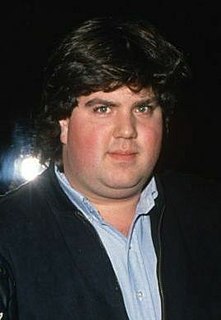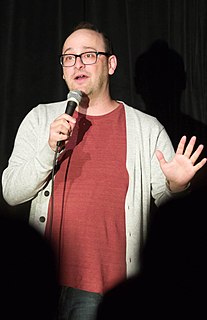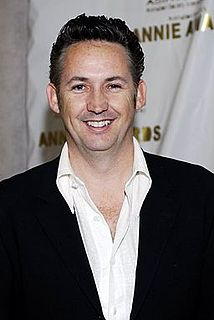A Quote by David Nicholls
At university, I used to write silly little sketches and monologues, but never fiction.
Quote Topics
Related Quotes
I always wanted to write, even before I realized that there was a comedy writers' world, or what that life was like. I never thought of myself, at least as a little kid, in terms of being the onscreen talent. I always thought it'd be so much fun to write sketches and be a writer. Even as little as 6 or 7, that's what my main interest was.
He was not such a special person. He loved to read very much, and also to write. He was a poet, and he exhibited me many of his poems. I remember many of them. They were silly, you could say, and about love. He was always in his room writing those things, and never with people. I used to tell him, What good is all that love doing on paper? I said, Let love write on you for a little. But he was so stubborn. Or perhaps he was only timid.
My brother Trev went to the Professional Performing Arts School in New York, and he used to do his monologues and stuff and rehearse in our apartment. So I used to hear him all the time doing these things over and over and over. And when I was a little girl, I used to soak up everything - like anything anyone did, I soaked it up.
I'm not sure about that role any longer. The role used to be to mix things up and I think to a great extent it still is, but the quality of the work of the political cartoon has been succeeded by the wisecrack, the gag cartoon, so that the cartoonist becomes more of the equivalent of the Jay Leno monologues, or David Letterman monologues.






































